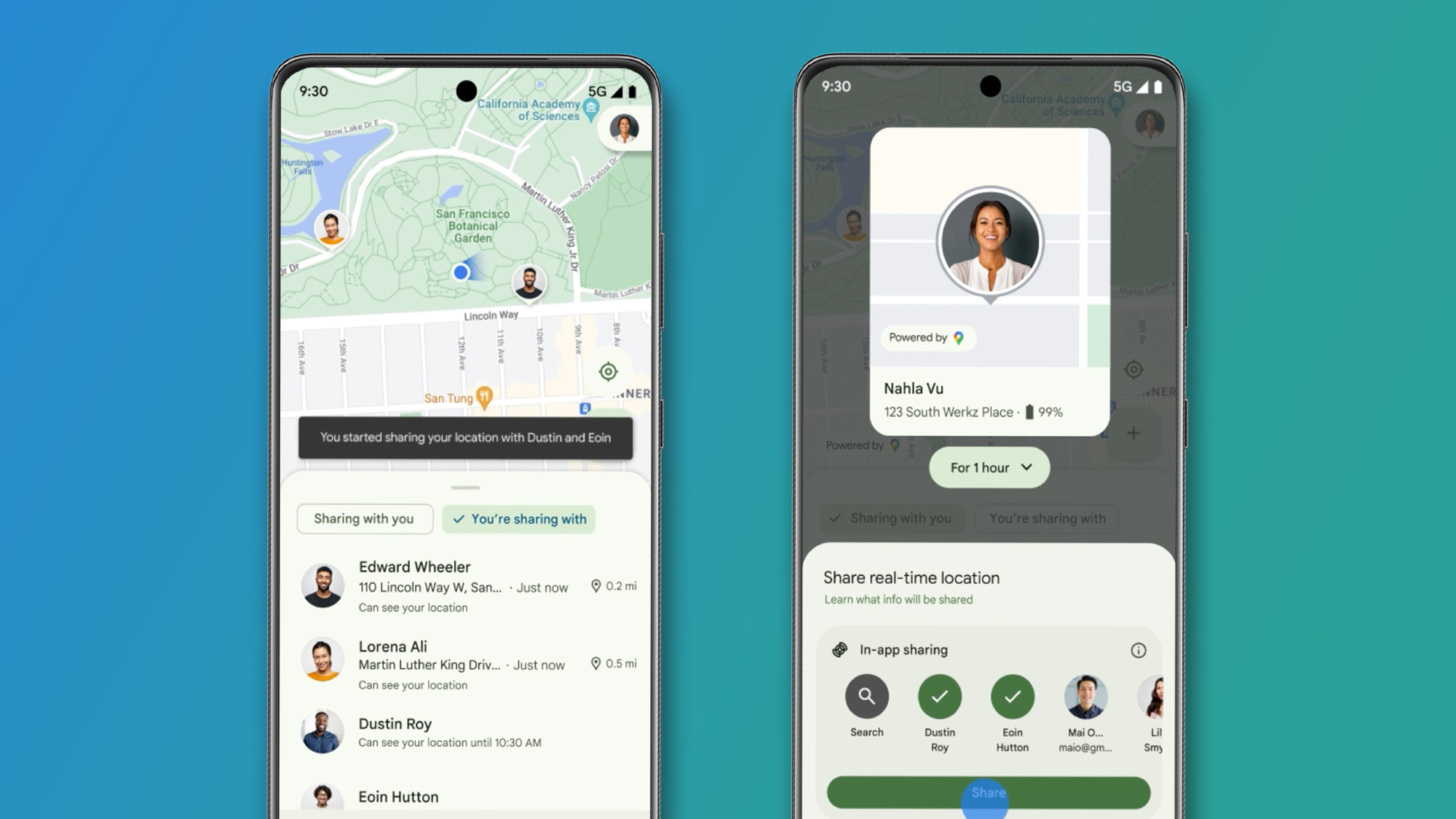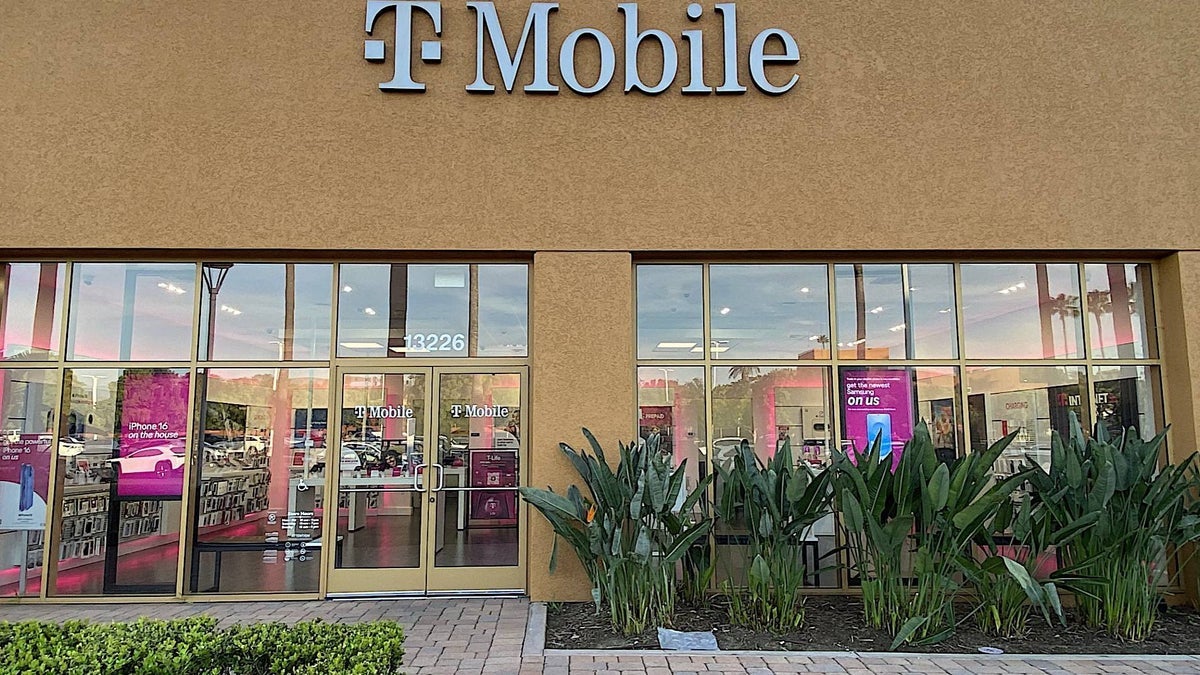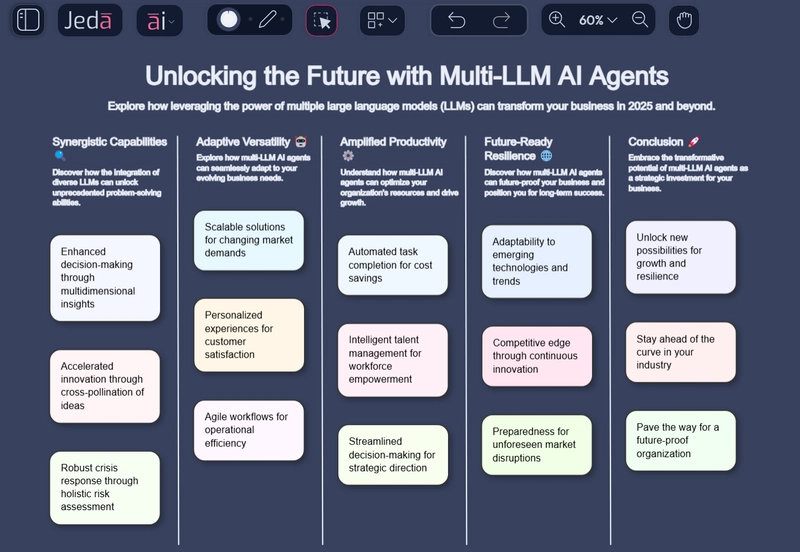Scaling Globally? Here's Why IP Geolocation API Should Be in Your Stack
When you're building an application for a global audience, one of the first challenges you'll face is understanding where your users are coming from. Whether it's for content customization, fraud prevention, or regulatory compliance, knowing a user's location can significantly enhance both security and user experience. This is where IP-based location data becomes indispensable. Integrating tools that can convert an IP address into valuable geolocation information allows you to deliver personalized experiences at scale. Among these tools, the free IP to country API and IP geolocation API have become essential components for developers creating robust, high-performance platforms. But with so many options available, how do you ensure you're choosing the right service—especially when you're dealing with thousands or even millions of API calls daily? Let’s break down the critical reasons why these APIs should be part of your infrastructure and what to look for to ensure they support performance at scale. 1. The Importance of IP-Based Location Data Geolocation data derived from IP addresses gives applications the ability to detect a user's location in real-time. From the country and city to the ZIP code, ISPs, and even timezone, this information powers features like: Localized content delivery: Serving language-specific or region-specific content. Security and fraud detection: Detecting suspicious logins or transactions from unusual locations. Compliance: Ensuring user data is handled according to regional regulations. Targeted advertising: Serving relevant ads based on geographic data. What makes this approach highly appealing is that it's passive. Users don't have to enable GPS or location services for apps to determine where they are—it’s all done server-side via their IP address. 2. How These APIs Enable Global Scaling Scaling your application globally means you’ll need to handle location queries efficiently and reliably, regardless of where your users are. A reliable IP geolocation API can make all the difference when you need to serve hundreds of thousands of location-based decisions per day. Here’s what you should consider when integrating this into your stack: a. Low Latency & Fast Response Time Performance at scale requires speed. Your application can't afford to stall while waiting for a response from an external API. Look for services that offer sub-100ms response times globally and have data centers in multiple regions to reduce latency. b. Uptime and Reliability Downtime in a critical API can cripple your application’s functionality. A top-tier IP data service should offer a 99.9% or higher uptime SLA, ideally backed by real-time system status dashboards and redundant systems for failover support. c. Global Coverage To serve a diverse user base, your provider must have comprehensive global IP databases. It’s essential that the API can accurately detect users across continents, including less digitally mapped regions like parts of Africa, Southeast Asia, or South America. 3. API Call Limits and Rate Flexibility One of the most common pitfalls developers face with any third-party API is underestimating their usage needs. As your app grows, so does your demand. A free IP to country API may offer basic access with daily or monthly call limits. While this is great for MVPs or hobby projects, you’ll want a provider that also offers flexible paid tiers when you outgrow the free plan. Key Questions to Ask: How many API calls are allowed per second or per day? Are there burst allowances for traffic spikes? What happens when I hit the call limit—do requests fail, get throttled, or queue? Can I upgrade instantly when I need more capacity? Finding an API provider with generous free limits and scalable pricing models will help you avoid painful transitions as you grow. 4. Built-In Features Beyond Country Detection Although a free IP to country API may seem sufficient for basic tasks, growing platforms often need more granular data. Here are some premium features to consider: City-level geolocation ISP and carrier info ASN (Autonomous System Number) Timezone and currency detection Proxy and VPN detection Connection type (cable, mobile, etc.) These features empower applications to make smarter decisions, like flagging high-risk users or adjusting content and pricing dynamically by location. 5. Customer Support and Documentation When you're relying on external infrastructure, responsive customer support can be a lifesaver. Look for services that provide: Developer-friendly documentation with code samples Support for multiple programming languages Access to a support team via email or live chat Dedicated SLAs for enterprise users A strong support system ensures that even if you run into issues at scale—whether it’s latency, data anomalies, or usage caps—you have a clear path to resolution. 6. Easy Integration and SDK Availability A quality IP geolocation API should integrate e

When you're building an application for a global audience, one of the first challenges you'll face is understanding where your users are coming from. Whether it's for content customization, fraud prevention, or regulatory compliance, knowing a user's location can significantly enhance both security and user experience.
This is where IP-based location data becomes indispensable. Integrating tools that can convert an IP address into valuable geolocation information allows you to deliver personalized experiences at scale. Among these tools, the free IP to country API and IP geolocation API have become essential components for developers creating robust, high-performance platforms.
But with so many options available, how do you ensure you're choosing the right service—especially when you're dealing with thousands or even millions of API calls daily?
Let’s break down the critical reasons why these APIs should be part of your infrastructure and what to look for to ensure they support performance at scale.
1. The Importance of IP-Based Location Data
Geolocation data derived from IP addresses gives applications the ability to detect a user's location in real-time. From the country and city to the ZIP code, ISPs, and even timezone, this information powers features like:
Localized content delivery: Serving language-specific or region-specific content.
Security and fraud detection: Detecting suspicious logins or transactions from unusual locations.
Compliance: Ensuring user data is handled according to regional regulations.
Targeted advertising: Serving relevant ads based on geographic data.
What makes this approach highly appealing is that it's passive. Users don't have to enable GPS or location services for apps to determine where they are—it’s all done server-side via their IP address.
2. How These APIs Enable Global Scaling
Scaling your application globally means you’ll need to handle location queries efficiently and reliably, regardless of where your users are. A reliable IP geolocation API can make all the difference when you need to serve hundreds of thousands of location-based decisions per day.
Here’s what you should consider when integrating this into your stack:
a. Low Latency & Fast Response Time
Performance at scale requires speed. Your application can't afford to stall while waiting for a response from an external API. Look for services that offer sub-100ms response times globally and have data centers in multiple regions to reduce latency.
b. Uptime and Reliability
Downtime in a critical API can cripple your application’s functionality. A top-tier IP data service should offer a 99.9% or higher uptime SLA, ideally backed by real-time system status dashboards and redundant systems for failover support.
c. Global Coverage
To serve a diverse user base, your provider must have comprehensive global IP databases. It’s essential that the API can accurately detect users across continents, including less digitally mapped regions like parts of Africa, Southeast Asia, or South America.
3. API Call Limits and Rate Flexibility
One of the most common pitfalls developers face with any third-party API is underestimating their usage needs. As your app grows, so does your demand.
A free IP to country API may offer basic access with daily or monthly call limits. While this is great for MVPs or hobby projects, you’ll want a provider that also offers flexible paid tiers when you outgrow the free plan.
Key Questions to Ask:
- How many API calls are allowed per second or per day?
- Are there burst allowances for traffic spikes?
- What happens when I hit the call limit—do requests fail, get throttled, or queue?
- Can I upgrade instantly when I need more capacity?
Finding an API provider with generous free limits and scalable pricing models will help you avoid painful transitions as you grow.
4. Built-In Features Beyond Country Detection
Although a free IP to country API may seem sufficient for basic tasks, growing platforms often need more granular data. Here are some premium features to consider:
- City-level geolocation
- ISP and carrier info
- ASN (Autonomous System Number)
- Timezone and currency detection
- Proxy and VPN detection
- Connection type (cable, mobile, etc.)
These features empower applications to make smarter decisions, like flagging high-risk users or adjusting content and pricing dynamically by location.
5. Customer Support and Documentation
When you're relying on external infrastructure, responsive customer support can be a lifesaver. Look for services that provide:
- Developer-friendly documentation with code samples
- Support for multiple programming languages
- Access to a support team via email or live chat
- Dedicated SLAs for enterprise users
A strong support system ensures that even if you run into issues at scale—whether it’s latency, data anomalies, or usage caps—you have a clear path to resolution.
6. Easy Integration and SDK Availability
A quality IP geolocation API should integrate easily into your current tech stack, whether you’re using JavaScript on the front end or Node.js, Python, PHP, or Ruby on the back end.
Bonus points if the provider offers SDKs or wrapper libraries to reduce the time required for implementation. The faster you can get up and running, the quicker you can start optimizing your user experience globally.
7. Real-Time and Batch Capabilities
Depending on your use case, you may need real-time IP lookups (for login tracking or fraud detection) or batch processing (for analytics and reporting). The right provider should support both.
Batch capabilities allow you to upload a list of IPs for processing—ideal for marketing insights or behavioral analysis. Real-time access ensures immediate response when the user interacts with your platform.
Frequently Asked Questions
1. What’s the difference between a free IP to country API and a full-featured geolocation service?
A free IP to country API typically offers only basic data like the user's country based on their IP address. A full geolocation service includes granular data such as city, region, ISP, and sometimes even ZIP code, timezone, and VPN/proxy detection.
2. How accurate is IP-based location data?
While not as precise as GPS, IP-based geolocation is typically accurate to the city level in most countries and very reliable at the country level. Accuracy may vary based on the user's ISP, location, and whether they are using proxies or VPNs.
3. Is it legal to use IP geolocation data?
Yes, but you must ensure compliance with regional privacy laws such as GDPR or CCPA. You should disclose data usage in your privacy policy and avoid storing personal IP data unnecessarily.
4. How can I handle API rate limits during traffic spikes?
Choose a provider that offers burst tolerance and allows quick scaling of your plan. Some APIs include auto-scaling or overage options to keep your app running smoothly under high demand.
5. What should I do if the free tier isn’t enough for my needs?
Look for providers that offer easy upgrades to paid plans with better support, more API calls, and advanced features. It’s also helpful if the provider has custom enterprise pricing if your application scales significantly.
Conclusion
If you’re building an app or platform for a global user base, leveraging geolocation data is no longer optional—it’s a necessity. Integrating a reliable IP geolocation API allows you to personalize content, secure accounts, and ensure compliance at scale.
Meanwhile, starting with a free IP to country API lets you experiment and validate your use case before committing to a paid plan. As your app grows, you’ll want an API partner that grows with you—offering flexible pricing, global coverage, fast response times, and solid customer support.
Choosing the right tools today will save you from performance headaches tomorrow. Don’t wait until you hit scale to make location awareness a first-class citizen in your stack.































































































































































![[The AI Show Episode 143]: ChatGPT Revenue Surge, New AGI Timelines, Amazon’s AI Agent, Claude for Education, Model Context Protocol & LLMs Pass the Turing Test](https://www.marketingaiinstitute.com/hubfs/ep%20143%20cover.png)




























































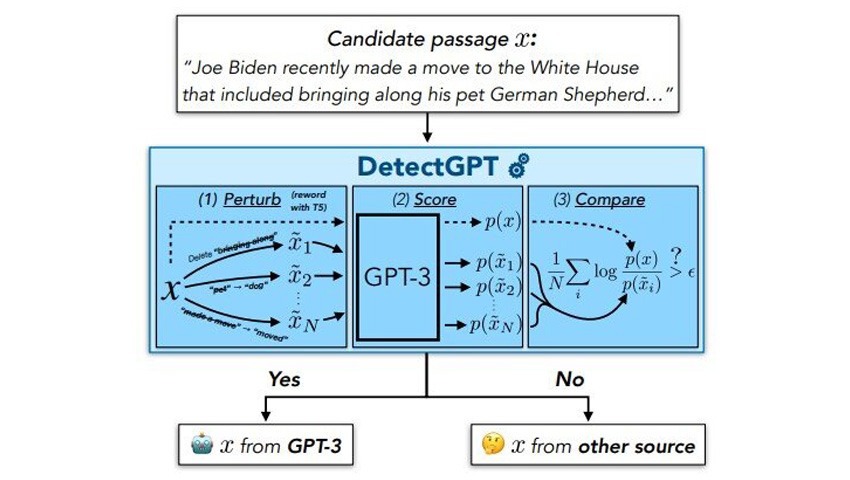































































![[DEALS] Koofr Cloud Storage: Lifetime Subscription (1TB) (80% off) & Other Deals Up To 98% Off – Offers End Soon!](https://www.javacodegeeks.com/wp-content/uploads/2012/12/jcg-logo.jpg)
























![Is this too much for a modular monolith system? [closed]](https://i.sstatic.net/pYL1nsfg.png)







































































































![M4 MacBook Air Drops to Just $849 - Act Fast! [Lowest Price Ever]](https://www.iclarified.com/images/news/97140/97140/97140-640.jpg)












_roibu_Alamy.jpg?width=1280&auto=webp&quality=80&disable=upscale#)




 CISO’s Core Focus.webp?#)





































































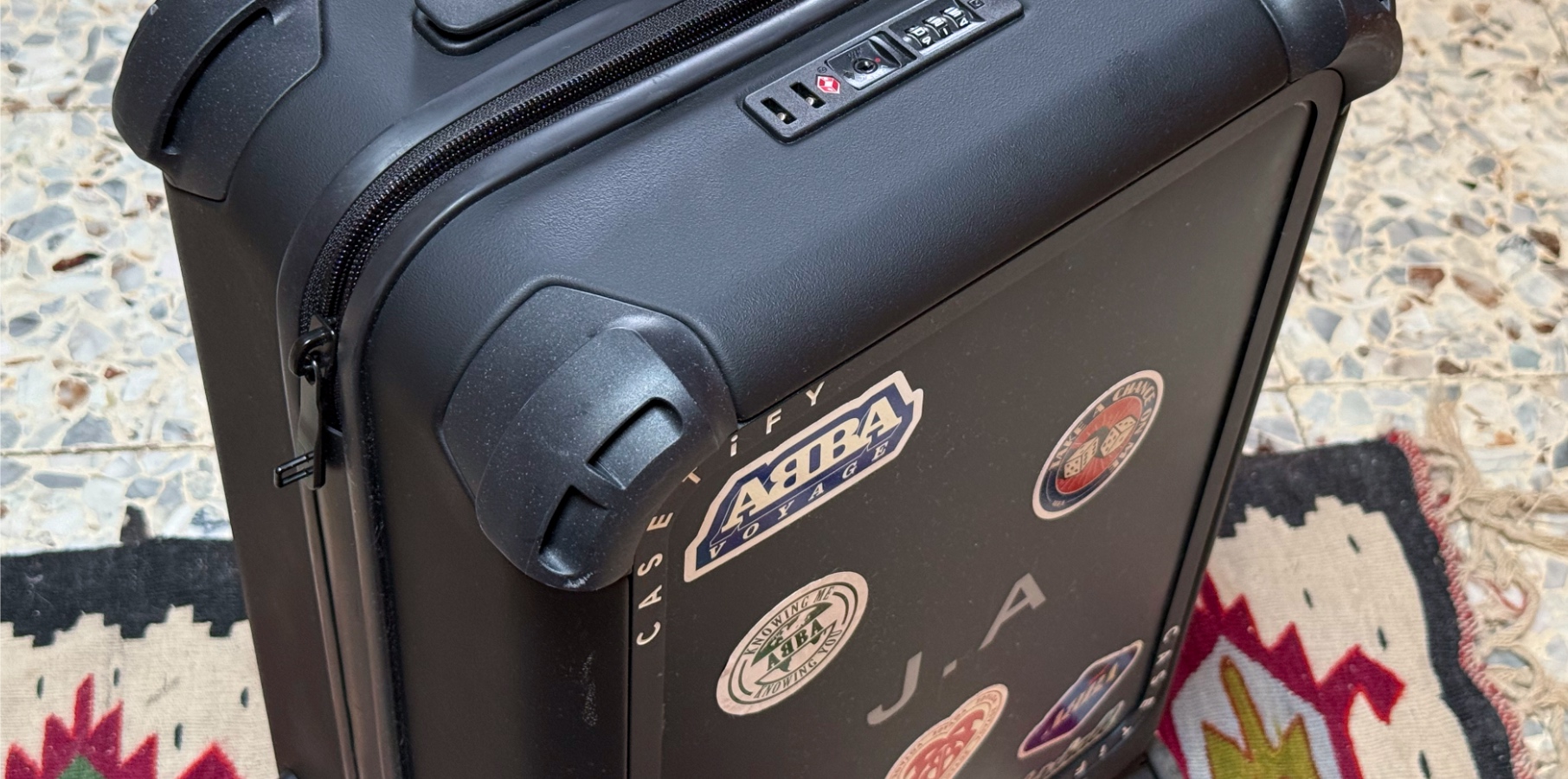









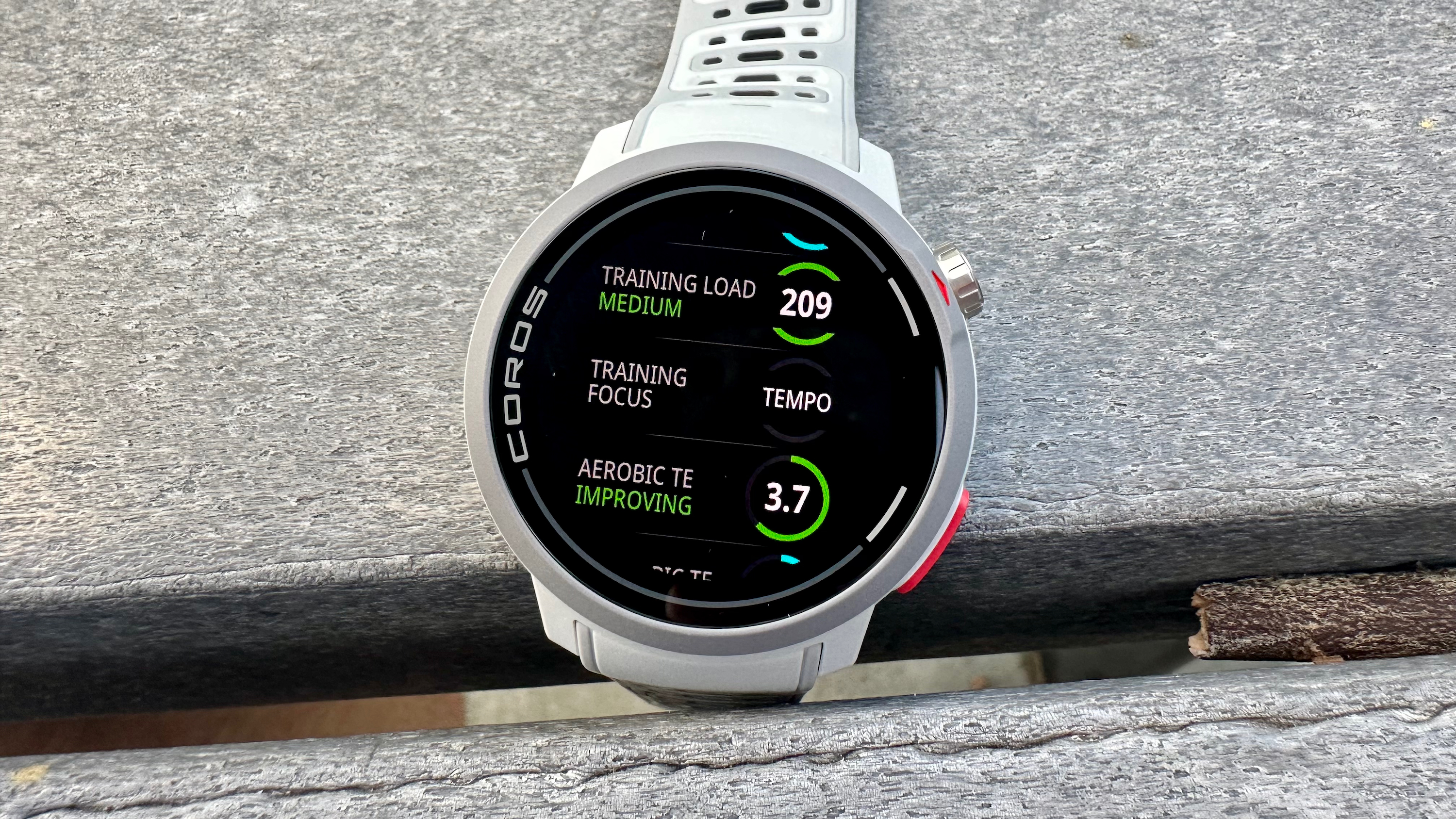


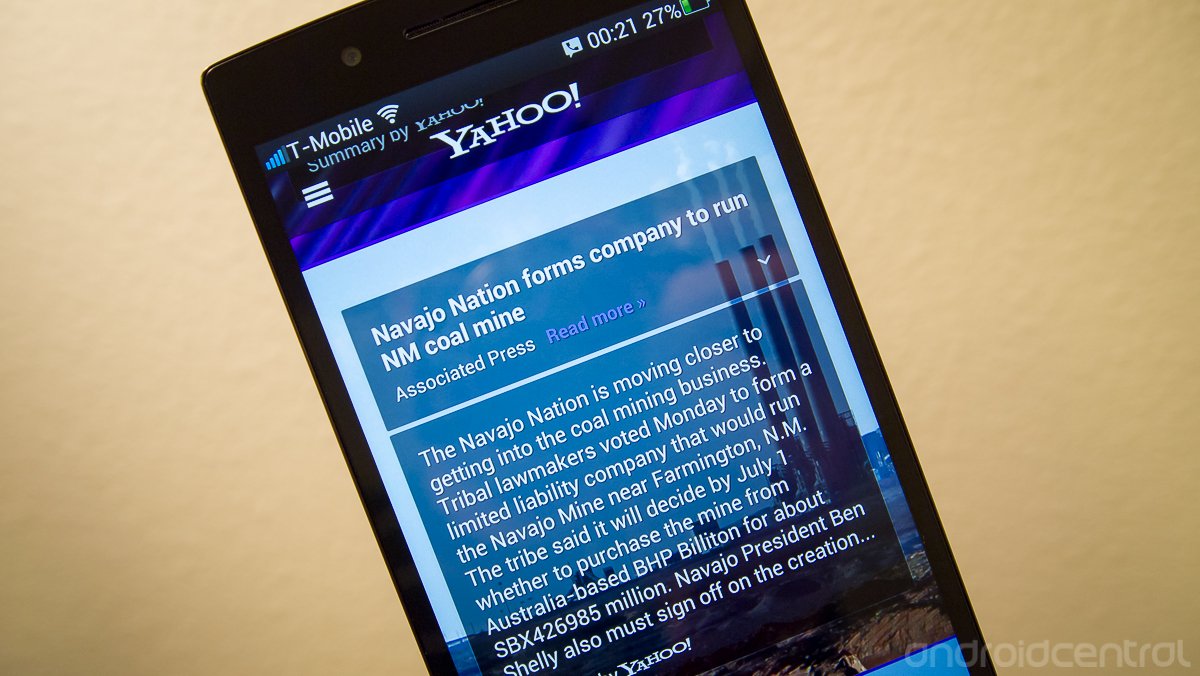


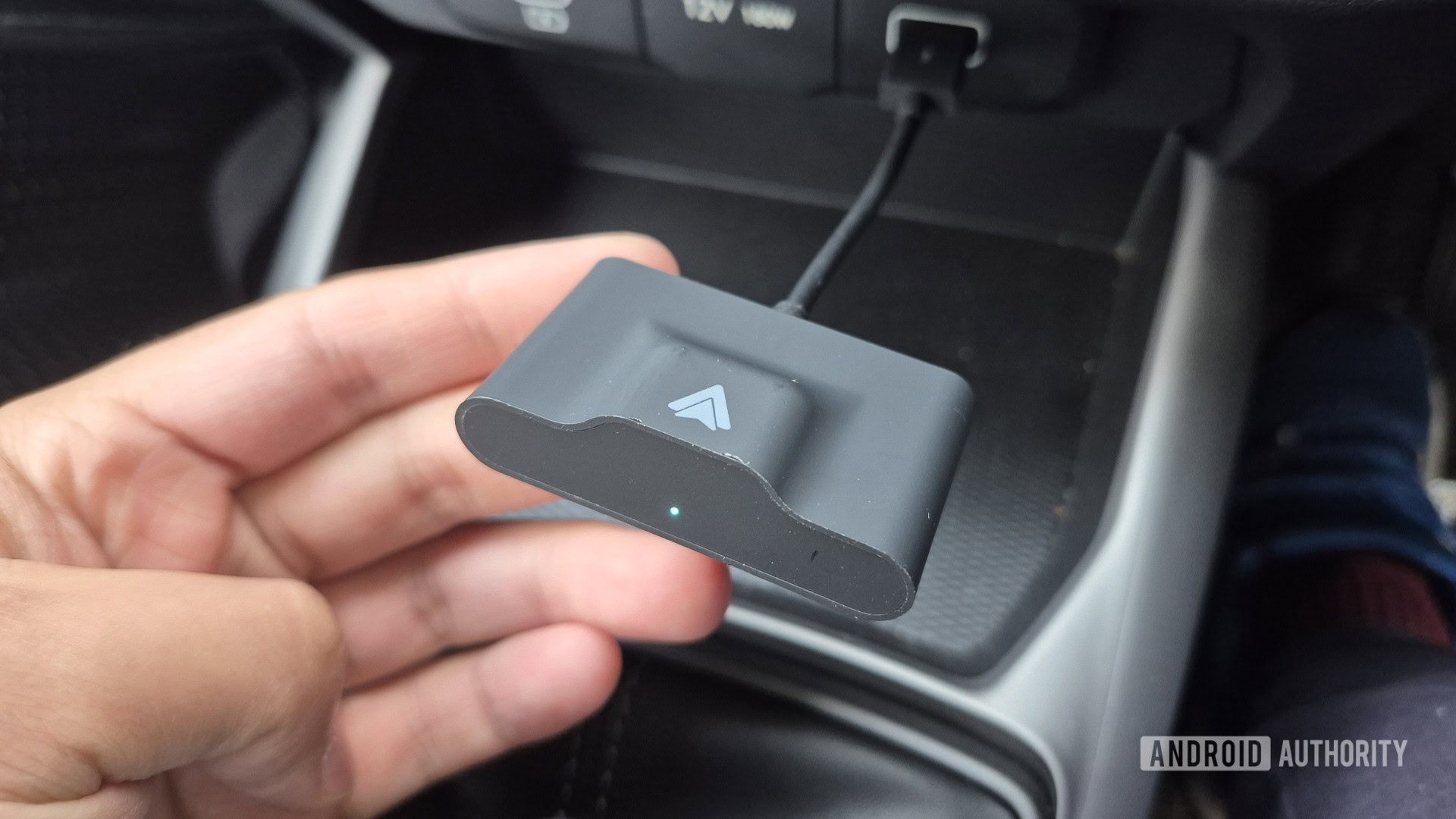

















![Apple Smart Glasses Not Close to Being Ready as Meta Targets 2025 [Gurman]](https://www.iclarified.com/images/news/97139/97139/97139-640.jpg)
![iPadOS 19 May Introduce Menu Bar, iOS 19 to Support External Displays [Rumor]](https://www.iclarified.com/images/news/97137/97137/97137-640.jpg)
















